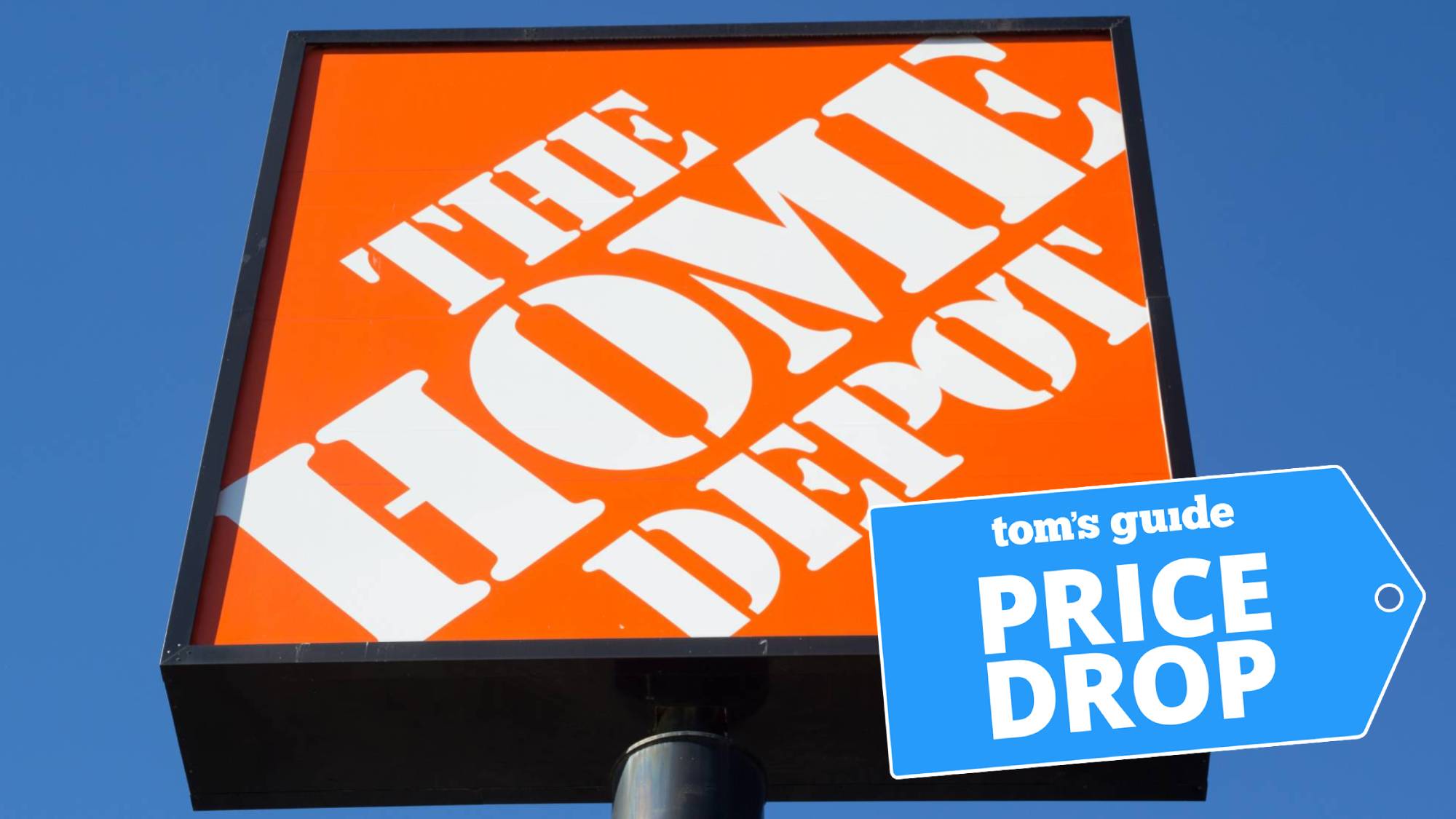The fastest NBN plans could soon get more affordable
But conversely, 50Mbps NBN could see a price increase

If you’re currently signed up to a 50Mbps NBN plan then you may soon be hit with a AU$5 per month price increase if the National Broadband Network (NBN) gets its way.
NBN Co submitted a proposed revision of its own piece of regulation — known as the Special Access Undertaking (SAU) — to the Australian Competition and Consumer Commission (ACCC) in November 2022, and yesterday (May 2) received feedback, along with a rejection, from the regulator.
While the proposal documents contain a plethora of revisions and updates, the main takeaway that will likely have a direct impact on Australian consumers is a proposed AU$5 per month wholesale price increase on the popular NBN 50 (aka 50Mbps) speed tier. This increase of AU$45 to AU$50 per month relates to the Access Virtual Circuit (AVC) price, which all NBN providers have to pay for each new user that joins the NBN network through their service.
The 50Mbps NBN 50 tier is currently the most popular in Australia, with the ACCC’s December 2022 Wholesale Market report indicating there were just over 4.6 million — or 52.9% — of active connections across fixed-line, wireless and Sky Muster satellites.
The other mandatory cost for NBN providers is for Connectivity Virtual Circuit (CVC) which refers to how much bandwidth each telco buys access to. The more CVC a retail service provider (RSP) has, the more users it should be able to comfortably accommodate. The NBN’s SAU variation indicates it plans to phase out this cost completely, initially on plans with speeds of 100Mbps or higher, but eventually for it to be completely removed “from the start of 2026-27 for residential grade wholesale offers.”
The increase to the AVC pricing will be charged to RSPs as a means for the NBN to recoup some of its costs and so it makes logical sense that the RSPs will then pass this cost onto its customers.
The ACCC deems the proposed AU$5 increase to be “reasonable,” but wants to ensure that the end consumer ultimately comes first, saying “in our view it would be better to commence an orderly transition to efficient pricing now, and that this occurs gradually over time so that households and businesses are protected from sharper price increases in later years.”
Sign up to get the BEST of Tom's Guide direct to your inbox.
Get instant access to breaking news, the hottest reviews, great deals and helpful tips.
It also adds that there “should be no increase in price unless accompanied by service quality improvements,” referring to the fact that some customers may already be paying for an NBN 50 plan, but rarely achieve the theoretical maximum download speeds of 50Mbps due to physical limitations of their connection.
Conversely, the NBN says it plans to reduce the minimum charges of services of 100Mbps NBN 100 plans and higher — including 250Mbps and 1,000Mbps — by AU$3 to AU$10 per month. While it hasn’t been confirmed, it’s possible this decrease in costs could be passed onto consumers in some instances, thereby making 100Mbps and faster plans more affordable.
The NBN has responded to the ACCC’s rejection, and on the subject of the pricing changes, says the “proposed pricing framework encourages RSPs to match customers with heavy data consumption to high speed NBN plans suitable for their needs.”
Coupled with the “additional monitoring and reporting tools,” that the NBN Co says it will provide to RSPs, this will mean that if you’re on a 50Mbps plan and your RSP notices you download a vast amount of data each month, it may contact you to suggest upgrading to a 100Mbps plan.
With the price of 50Mbps plans looking likely to increase, and the price of 100Mbps plan potentially costing less than they do currently — the average monthly price we’ve obtained from WhistleOut data is AU$91 at the time of writing — then consumers may be inclined to make the upgrade.
Not only could this result in consumers being matched to a plan that better suits their needs, but it could also help to minimise congestion for all a provider’s customers thereby allowing them to achieve the speeds they’re paying for, particularly during peak usage periods. Ultimately, everyone could be a winner.
For the immediate future, no price changes will be happening. Since its original proposal has been rejected, NBN Co will now need to go back to the drawing board, make some revisions based on feedback from the ACCC and resubmit.
NBN Co does state in the proposal however, that it will plan to introduce the changes within three months of the proposal being accepted. This means, if the next submission is accepted, we could see pricing changes before the end of the year.
More from Tom's Guide

Max is a digital content writer for Tom’s Guide in Australia, where he covers all things internet-related, including NBN and the emerging alternatives, along with audio and visual products such as headphones and TVs. Max started his career in his homeland of England, where he spent time working for What Hi-Fi? and Pocket-lint, before moving to Australia in 2018.
